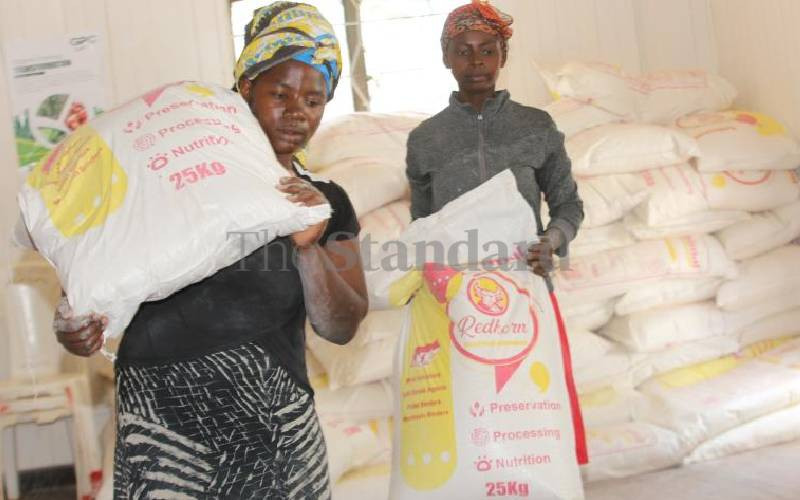×
The Standard e-Paper
Join Thousands Daily

Kenya is at a pivotal moment in its agricultural journey, with stakeholders calling for deliberate efforts to commercialise research findings for a sustainable animal feed sector.
This was the consensus during the country's second Feed Sector Roundtable held in Nairobi, a critical forum supported by the Dutch Embassy in collaboration with key local and international partners, including Lattice, Larive and the Agriculture Sector Network (ASNET).